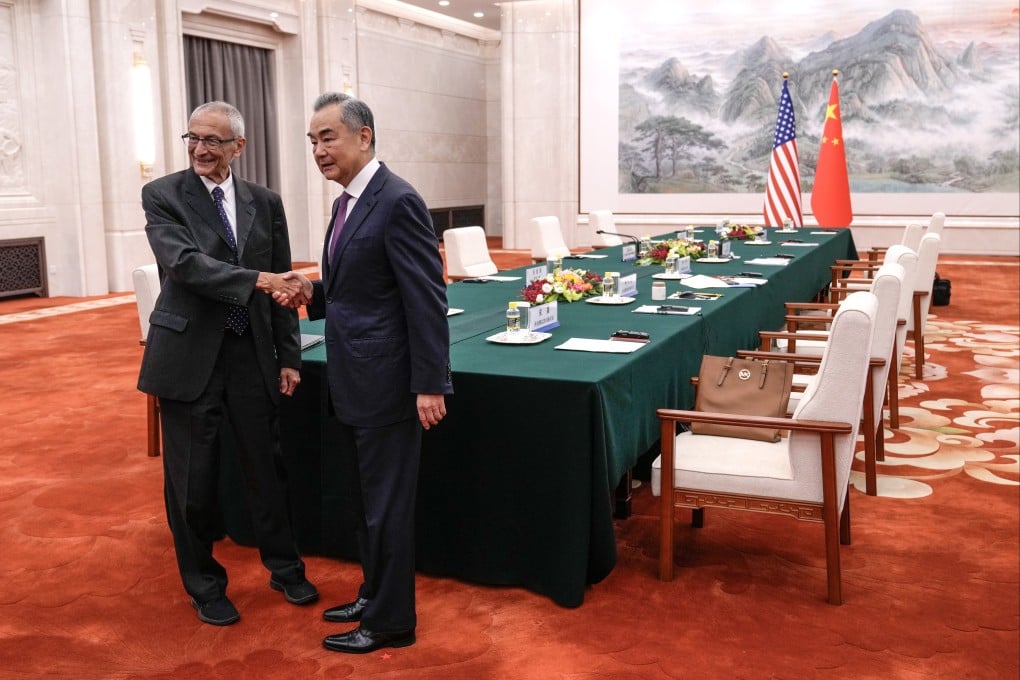Advertisement
Opinion | US, China must pitch in to help vital Track 2 dialogue succeed
In the face of deep mistrust, government on both sides must adopt a nuanced approach that balances competition with cooperation and seek common ground
Reading Time:3 minutes
Why you can trust SCMP
1

The United States finds itself at a critical juncture in its policy approach towards China. In a recent Foreign Policy article, former US congressman Mike Gallagher and former US deputy national security adviser Matt Pottinger urge the US to win against China. However, they fail to articulate a clear goal, offering only a nebulous assertion that the US must prevail in a new cold war.
With trade between the two nations amounting to US$758.4 billion in 2022, labelling the current tensions as a new cold war is a profound misjudgment. Unlike the original Cold War, the US and China should compete where necessary and cooperate where possible, presenting a more viable path forward for the world. This approach offers a coherent vision for all parties involved.
In an era where the only certainty is uncertainty, Anglo-American economies face a pressing need to redistribute wealth towards the middle class. Meanwhile, the ominous spectre of war casts a long shadow. Far-right political parties are gaining traction in Europe, offering neither substantive programmes nor rigorous historical analysis and instead appealing to the basest of emotions.
Advertisement
In his latest book On Leadership: Lessons for the 21st Century, former British prime minister Tony Blair astutely observes that “the bureaucracy’s natural inclination is to be bureaucratic”. As the US and China endeavour to cooperate on myriad issues while maintaining their respective stances in numerous disputes, it becomes evident that bureaucracy as a Track 1 dialogue is inherently limited in achieving desirable outcomes.
Former US president Donald Trump, in his characteristic simplicity, holds the quaint notion that if he can strike deals with powerful leaders in other major countries, the bureaucrats will handle the rest. This is patently misguided. Leaders of major nations must transcend such simplistic paradigms and look beyond parochial national interests to guide the world towards a brighter future.
The imperative for US-China collaboration is clear, but how should they do so? Current engagement between the two largest economies is faltering. Track 2 dialogues between retired government officials and other experts are indispensable in arresting the further deterioration of this relationship. They provide a platform for leaders to gain a deeper understanding of each other’s conditions.
Advertisement
Advertisement
Select Voice
Select Speed
1.00x

